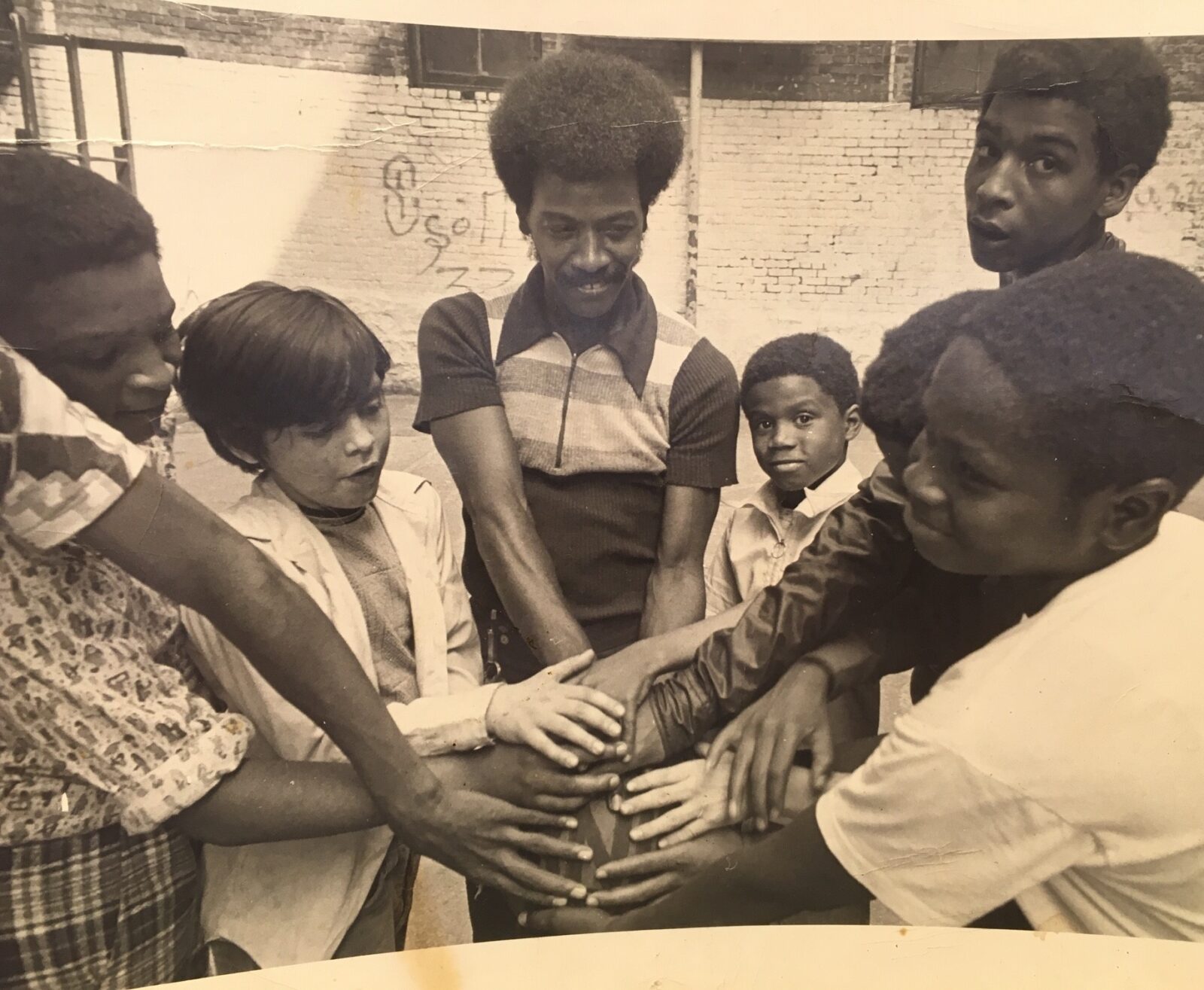
As mentioned in a previous post, I am a former resident of the Lower East Side – and anyone who lived along or frequented its Sara D. Roosevelt Park was familiar with Bob Humber. Born in 1936 to a Panamanian father and an African-American mother, Robert “Bob” Humber moved to New York City from Georgia, into a New York City undergoing a lot of changes.
He received training as a youth social worker and Special Ed teacher, and got his start as an activist up in Harlem. Working for the Children’s Aid Society, he would work with local kids, a tradition passed down by his parents – both of whom would often have neighborhood children over when he was young.
It would be during the difficult years of the 1970s and 80s that Bob made his biggest impact on the community. The area that is now Sara D. Roosevelt Parl was initially a tightly-packed block of tenement buildings; after an expo of their terrible living conditions provoked enough backlash, the City demolished five blocks, intending to replace them with more modern housing. Instead, the strip between Houston and Canal Streets remained a wasteland of urban decay and drug use.
While working downtown at Sara D, Bob witnessed a violent incident – a man came into a basketball court full of children and began firing wildly; though no one was hurt, the incident was a catalyst for his work down in the Lower East Side. He set up Drug Free Zones in the park, creating a safe space for kids to play in – and faced down the gangs and drug dealers in the area with uncommon bravery. I grew up on stories of him and his four Dobermans chasing off drug dealers on his bicycle, an image that is memorable and yet very different of the Bob of today.
At 89 years old, Bob now spends much of his time sitting in front of the local M’finda Kalunga community garden – but that hasn’t stopped his activism. He still makes friends with many of the local young men who frequent the park, helping keep them employed and off the streets. He is almost an honorary grandfather to me in a lot of ways, even if we have not spoken much since my move to Philadelphia – and it would be amazing to interview him before his unique voice is irrevocably lost.
